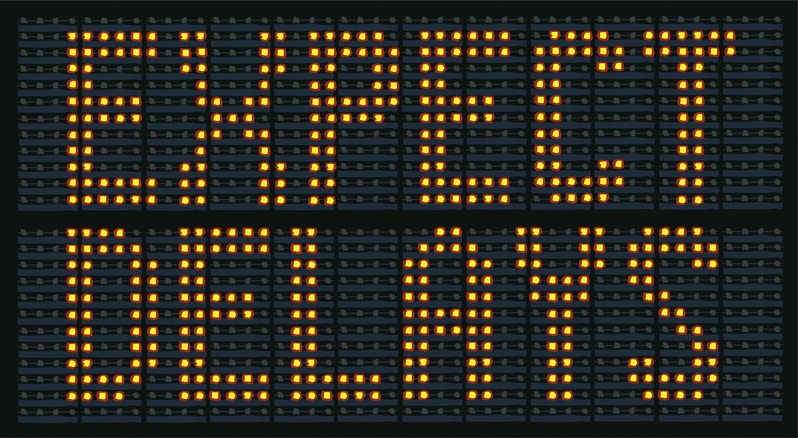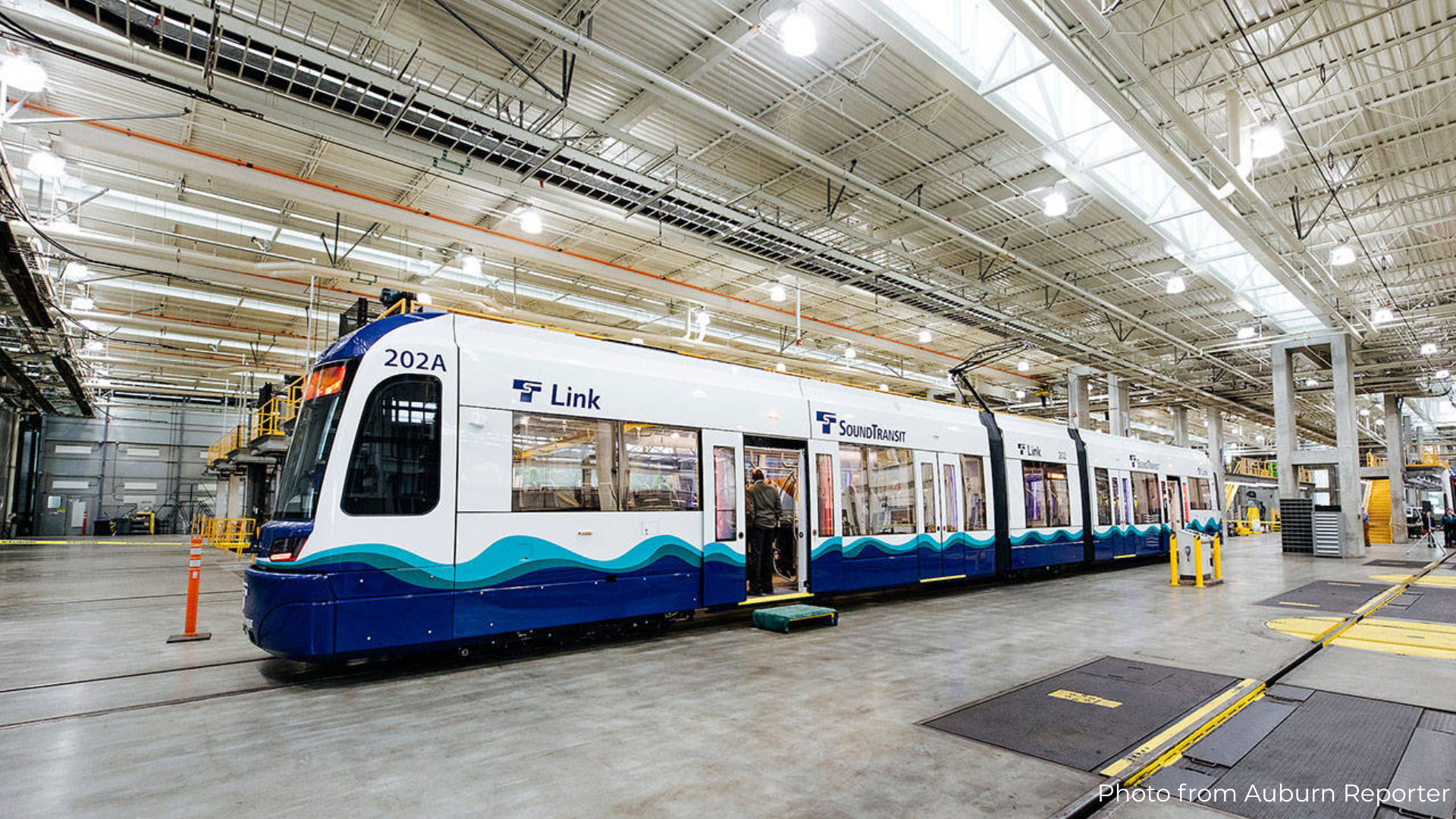Early this week, the Governor’s Office of Financial Management (OFM) directed the Washington State Department of Transportation (WSDOT) to delay projects scheduled to be advertised for bids. This applies to highway capital expansion projects, and the delay is supposed to give “the Governor and the Legislature more financial flexibility to determine how to address our transportation budget challenges this session.”
WSDOT staff are reviewing projects to determine which ones can be paused.
One of the reasons provided for this decision is that despite Initiative 976 being overturned and no longer threatening multimodal funds, revenues associated with ferries, toll roads, and capital projects are down more than $315 million for this current biennium as a result of COVID-19 impacts.
Despite this, delaying projects is not necessary.
In 2020, the legislature passed a transportation budget that assumed Initiative 976 would be upheld, which would result in a loss of state revenue of $453 million, increasing to $684 million for the current 2021-23 biennium. The majority of the impact ($339 million) would have been to the state multimodal account, which funds public transit, rail, active transportation, and other projects.
To mitigate the impact to the multimodal account and bail out transit from taking a larger hit, lawmakers shifted Washington State Ferries and Washington State Patrol (WSP) accounts from the multimodal account to the motor vehicle account, which is protected by the 18th amendment for highway-related spending only (road projects). Both Ferries and WSP can legally be paid for with motor vehicle account funds. This transit bailout, paid for with highway funding, amounted to about $130 million.
Another $82 million was moved from the general fund to the multimodal account. Other assumptions, transfers and reductions were made to fill in the remaining $127 million gap.
Initiative 976 was ultimately overturned, however, so the multimodal account is now more than whole. As the multimodal account has more money than expected, the bailout can and should be reversed. This would be helpful for projects that are funded by the motor vehicle account, which is experiencing additional financial pressure due to reductions in gas tax revenue as a result of COVID.
Rather than delaying critical road projects that would be paid for out of the motor vehicle account, lawmakers should consider these solutions:
- Moving Ferries and WSP back into the multimodal account where they were originally funded; and
- Getting a contribution from the multimodal account to the motor vehicle account.
The Governor’s proposed budget makes this situation more challenging by assuming full funding for the removal of state-owned fish passage barriers (culverts), and prioritizing funding for ferry electrification ($190 million) and transit electrification ($15 million), bike and pedestrian facilities ($20 million), and promoting high-speed rail between British Columbia and Oregon ($3.25 million). There is no rational justification for delaying existing projects to fund a wish list oriented around systems that are operating at significantly reduced levels.
One of the legislature’s top priorities this session should be to maintain commitments that were already made to the public in previous transportation packages. Given the reversal of Initiative 976 and the availability of funding in the multimodal account, lawmakers should pursue other sensible policy solutions that do not require project delays.






